Search Results
Showing results 241 to 260 of 300

Rates of Change: Bottles and Divers
Source Institutions
In this math lesson (page 2 of the PDF), learners use bottles of various shapes to explore the abstract concept of rate of change.
Mix & Match Estimation
Source Institutions
In this activity, learners use their estimation skills to match the unmarked containers to their amounts.
Alien Encounter
Source Institutions
Use multiplication to help the aliens find out how much fuel they need to get their spacecrafts home.

Up, Up, and Away
Source Institutions
In this math lesson, learners explore the real world meaning of slope. Learners conduct a balloon experiment in which they measure the circumference and flight time of deflating balloons.

2-Liter Landfill
Source Institutions
In this activity, learners gain a better understanding of how household/school waste breaks down in a landfill. Learners collect trash and then create miniature landfills in 2-liter bottles.

Zoo Calendar
Source Institutions
Use the Zoo Calendar (page 1 of PDF) to involve learners in interdisciplinary, whole language, and writing activities about ecological concepts.
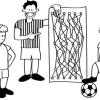
Cryptographic Protocols: The Peruvian Coin Flip
Source Institutions
This activity about cryptographic techniques illustrates how to accomplish a simple, but nevertheless seemingly impossible task—making a fair, random choice by flipping a coin between two people who d

Drip, Drop, Drip, Drop
Source Institutions
In this math lesson, learners design an experiment to model a leaky faucet and determine the amount of water wasted due to the leak.

Artificial Intelligence: The Intelligent Piece of Paper
Source Institutions
This activity explores what it means for a computer to be intelligent and introduces the topic of what a computer program is and how everything computers do simply involves following instructions writ
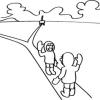
Ice Roads: Steiner Trees
Source Institutions
In this outdoor activity, learners use pegs (like tent pegs) and string or elastic to simulate drill sites and roads in Northern Canada.
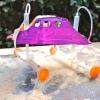
Hydraulic Car
Source Institutions
In this activity, learners build cars using syringes and water-powered hydraulics. Learners construct the car frame out of cardboard and set up a hydraulic system to raise and lower the car.
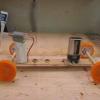
Propeller-Powered Car
Source Institutions
In this activity, learners construct cars that are powered by hand-made, electric propellers.
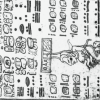
Breaking the Code: Mayan Math
Source Institutions
This is a lesson plan for an activity in which learners, playing the role of archeologists, use math concepts about number bases to decipher the Dresden Codex, an ancient Mayan document.
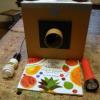
Cardboard Opaque Projector
Source Institutions
In this activity, learners construct a projector out of cardboard to view their favorite images (such as storybook illustrations) on the wall.

Super Soaker
Source Institutions
In this activity (page 1 of the PDF under SciGirls Activity: Bogs), learners will test cups full of potting soil, sand, and sphagnum moss to see which earth material is able to soak up the most water.
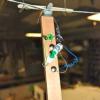
Cable Car
Source Institutions
In this activity, learners string a line across the room and build cable cars that can move from on end to the other.
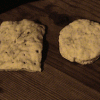
Maritime Munchies
Source Institutions
In this activity, learners follow simple historical maritime recipes to cook up hardtack and swanky, and then compare the foods they eat to what was served on ships in the past.
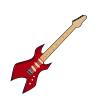
Energetic Musical Instruments
Source Institutions
Learners design and create musical instruments from common objects; their challenge is to create an instrument that can make three different tones.
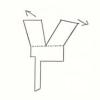
Statistics: Whirlybirds
Source Institutions
In this math lesson, learners measure, predict and determine the frequency of an event as it relates to how close Whirlybirds land to a target.
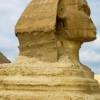
Egyptian Measuring
Source Institutions
In this activity, learners compare the ancient Egyptian system of measurement, which was based on body lengths, to the customary and metric systems used today.
